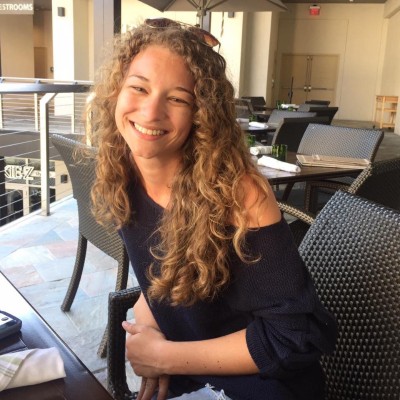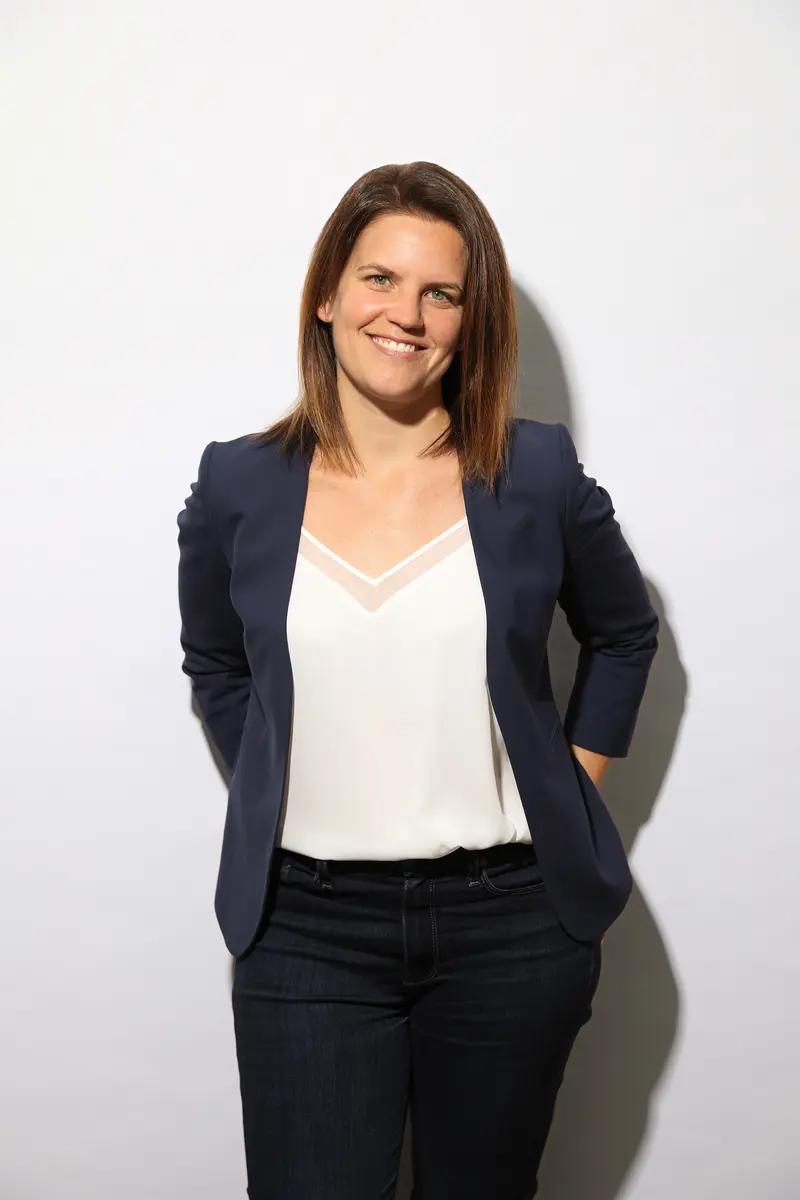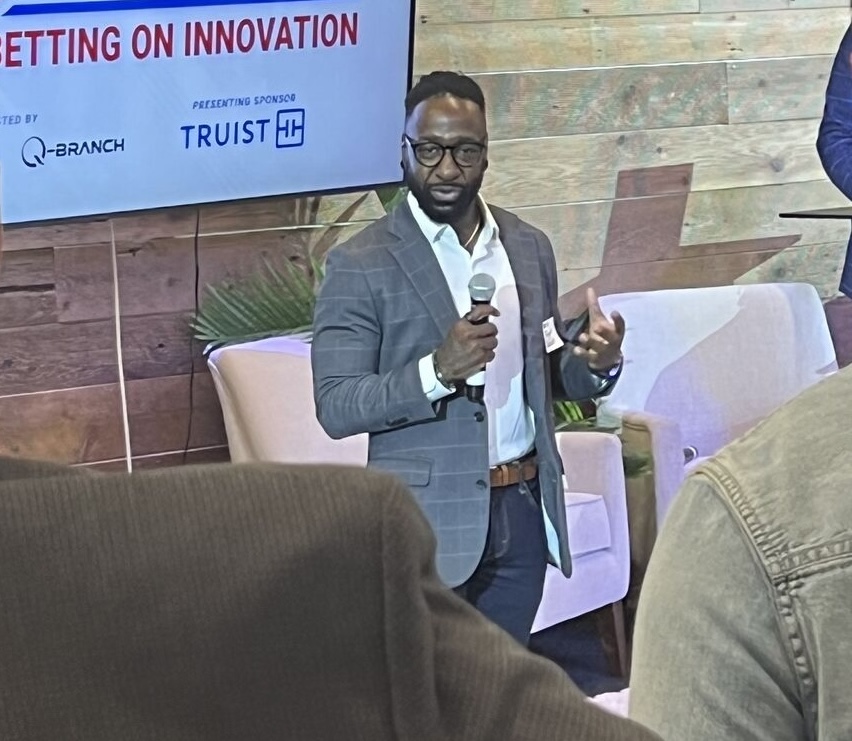From the start, Sevetri Wilson, founder and CEO of Resilia, “was the antithesis” of what typical founders in that space were.
“Female, African-American, solo founder — everything that does not equate Mark Zuckerberg,” the founder of Resilia shared in an interview with The Story Exchange. She feels like that is changing, but you have to know how to play the game.
Wilson knows all too well about overcoming insurmountable odds, as a Black solo-founder. Established in 2016, Resilia is a software-as-a-service (SaaS) platform on a mission to "harness the power of technology and human connection" to transform the philanthropic sector.
By 2020, Wilson became one of only 50 Black women in the U.S. to have raised over $15 million in venture funding, and in 2022, she achieved the largest funding raise ever – $35 million – for a solo Black female-founded company.
Despite the odds she has succeeded — and continues to succeed — in an industry where more often than not, people that look like her. From bootstrapping her first company to securing a record-breaking round for her second, Wilson is proving that with a clear vision and relentless execution, it's possible to disrupt an entire industry for good.
From Solid Ground to Resilia
Sevetri considers herself a good ole southern girl from Louisiana, as she told ASW. She was born and raised in a small city about 45 minutes outside of New Orleans, called Hammond – the same place her mother was raised.
After graduating from Louisiana State University, followed by a diploma from Harvard’s Kennedy School, she stayed local and spent the next ten years as a consultant in the nonprofit and philanthropic sector.
In 2009, she launched her first company, Solid Ground Innovations (SGI), a strategic communications and consulting firm that worked with major funders like the W.K. Kellogg Foundation and large corporations like Aetna Better Health.
While successful, consistent work was not guaranteed. So she started thinking about ways that she could productize her software solutions to create a continuum of service that didn’t stop once they left. That’s what gave rise to Resilia.
After ten years in the industry, it was clear to her that there had to be a better way to streamline nonprofit work. As a serial entrepreneur, Sevetri's solution was to create something new.
In 2016, she founded Resilia, a software as a service (SaaS) platform with the mission to “harness the power of technology and human connection to bridge gaps between those deploying capital and those on the receiving end.”
Through a theory of collective impact, Resilia aims to provide sustainable solutions and improves the quality of life for the most underserved — even potentially addressing systemic racism and other societal problems.
The decision to pivot from a thriving consultancy to a tech startup was met with skepticism. Undeterred, she leaned into her roots—she is a Louisiana native who attended LSU and Harvard—and leveraged her regional network of investors. She immersed herself in the tech world, taking online courses, learning the lingo, and, most importantly, hiring experts who knew what she didn't.
“A lot of Resilia’s journey was me taking something that was heavily based in consultancy and productizing it, to bring a more digitized presence to the work through software,” she told ASW. “I’ve always been a big believer that if you can create a vision, and you can put together people to execute against a vision, knowing your weaknesses, then, ultimately, you can find success.”
Scrappy Bootstrapper
It isn’t a secret that Black founders face an uphill battle, but they do so “while trying to dodge 1000 ton stones rolling down the hill.“ While Black and Latina women founders received less than 1% of VC funding combined in 2021, making access to the sector difficult. So she figured out her way in.
“I’m a big fan of bootstrapping,” she told Essence. “When bootstrapping your business you have to stay as lean as possible for as long as possible.”
But even in a bootstrapped world cash is king and you’ll need to spend it to really drive growth. Additionally, you need to drive revenue as quickly as possible. Figure out what’s the lowest barrier to do this.
So Wilson got creative.
There was a notable pattern among her investors: they were located in the southeast.Her advantage of calling New Orleans home allowed her to use her inside knowledge and connections to raise enough capital to open a second office in New York.
Resilia's first major and historic milestone was raising an $8 million Series A in 2020, followed by a monumental $35 million Series B – making history for a second time.
Struggle Continues, and So Does Wilson
These accomplishments made it a little easier to connect with investors. “But even then the diligence is brutal,” especially as her white male colleagues weren’t forced to go through months of diligence. Despite it all, they persevered.
But the VC world has remained a hostile place for female founders – let alone from underrepresented backgrounds.
“Even after all of the stories, I was shocked that this was happening to me,” she recalled in an interview with Black Enterprise, referring to her seed round as a miserable experience. “I didn’t have any more to give.”
But, she went on to say, it is more than misogyny that she faces.
“In my opinion, I feel like investors can try to discourage black founders from raising capital because they don’t want to invest in them: ‘Well maybe your business isn’t, you know, fit for raising capital,’ when you rarely hear that on the other side for other people.”
She preaches the “overcome anything” mentality in her book, Resilient. It is important for founders to overcome the feeling of failure, for “only when we remain defeated do we remove the ability to overcome anything.”
“What Black founders need to know is it doesn’t matter how many times you say things aren’t equal or fair it won’t change your situation,” she went on to say to Essence. “So knowing this, ask yourself what are you going to do despite it?”
“I want founders to know that if I can do it, a Black female founder from the south with little to no resources, then they can do it too. But I don’t just want to say that I give actionable, and tangible, steps on how I did it.”





